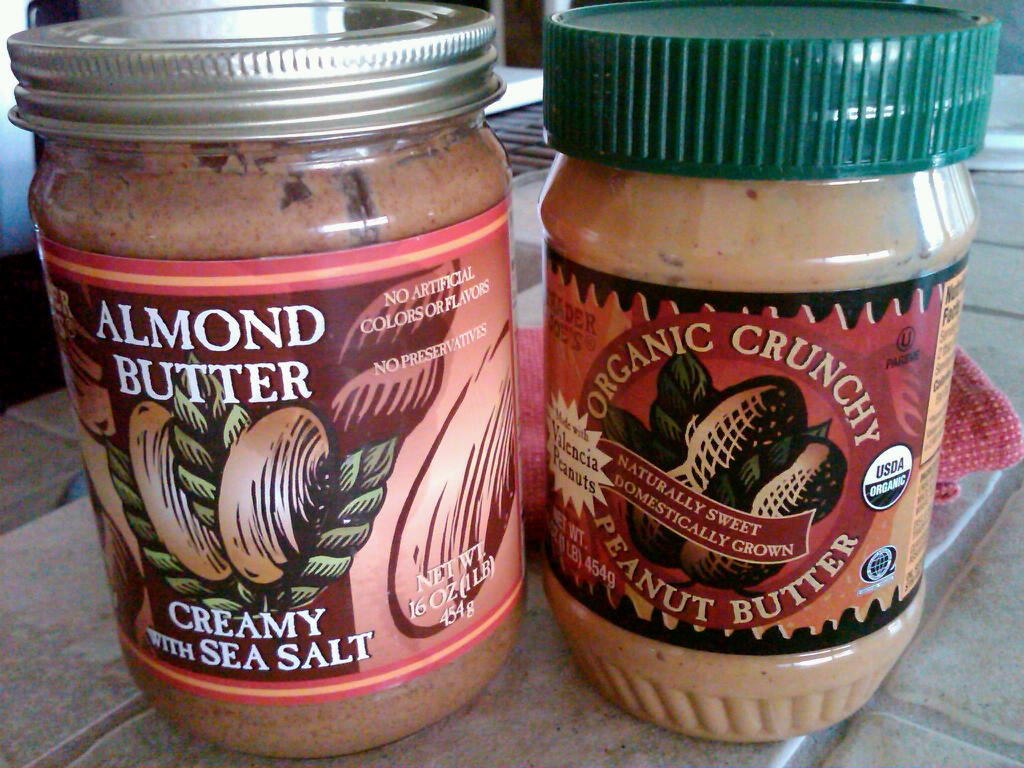
Nut butters are an incredibly delicious and nutrient-rich alternative to traditional butters, mayonnaise, and other spreads. They provide a great source of healthy fats and protein for kids and adults alike.
They are naturally packed with beneficial nutrients like vitamins, fatty acids, and high nutritional-value minerals. They are also free from artificial preservatives, flavors, and colors.
Nutrient dense
Organic nut butters are an excellent source of fats, which is essential for your health. They are also a healthy way to get plenty of vitamins and minerals, as well as antioxidants.
Nut butters are a good choice for vegans and those who avoid animal products in their diets. However, it is important to read the ingredients list carefully as many brands contain honey, milk powder, whey protein, collagen or egg whites in addition to nuts.
Another important factor to consider is the processing method of a nut butter. Stone grinding is a great option because it preserves the nutrients in the nuts while providing a silky texture and a creamy taste.
Almond butter is one of the most nutrient dense nut butters and has more vitamin E than peanut butter (a key antioxidant that protects your eyes from damage). It also contains calcium, magnesium, manganese, and phosphorus, which are all important for strong bones.
Low in calories
If you're looking for a healthy source of fats, consider incorporating organic nut butters into your diet. These foods are high in monounsaturated and polyunsaturated fats, which can help lower LDL cholesterol levels and reduce your risk of heart disease.
The only downside is that some conventional nut butters have added sugar or salt, so it's important to read the ingredients list before purchasing. Be wary of packaged nut butters that have added palm oil or hydrogenated vegetable oils, which are known to raise LDL levels and decrease HDL.
If you're looking to add a nutrient dense spread to your diet, try nut butters made from almonds, peanuts or sunflower seeds. All of these contain a healthy dose of protein, monounsaturated fats, vitamin E and fiber.
Low in sugar
If you want to incorporate nut butters into your healthy diet, look for products that are organic. This will ensure that you are getting the most nutritious ingredients and avoid additives and other junk that can be found in non-organic versions of nut butters.
Another thing to consider when choosing a nut butter is the amount of sugar it contains. Adding sugar to nut butters can quickly turn them from healthy snack to an unhealthy treat, which is why you need to choose one that has a minimal amount of added sugar.
When looking at a nut butter’s ingredient list, make sure that you only see one or two ingredients that are nuts and salt (if you are eating the salt-free version). You should also try to avoid partially hydrogenated vegetable oils. These oils are preservatives and stabilizers that are unnecessary and do not add any value to your nut butter.
Easy to digest
Nut butters are a great source of fats, which our bodies need to function properly. They also contain nutrients that support the heart, help with weight loss and boost energy levels.
Incorporating nut butters into your diet will increase your intake of nutrients like protein, fiber, phosphorus, vitamins and minerals, and phytochemicals. These nutrients help maintain blood sugar levels, promote healthy hormone production and balance, improve digestion, and support immune system function.
However, it is important to choose a nut butter that does not have added ingredients such as salt, oil or sugar. Most roasted nut butters contain added oils (mostly palm oil), along with salt and sugar, which can add to your overall calorie intake.
Frequently Asked Questions
What is organic food?
Organic produce is produced without synthetic fertilizers or pesticides. There are no growth hormones used and animal testing is not performed. These crops are allowed to grow naturally, so farmers do not use chemicals to prevent weeds or pests.
Organic farming practices can also preserve soil quality by reducing erosion, and conserving water resources. Organics are also better for your health as they contain more nutrients that conventional food. Organic products are typically higher in fiber and lower in fat and calories than conventionally produced ones.
What are the most popular organic products?
Organic food is the fastest-growing industry today. However, we still have a lot to learn from our roots.
Organic products will be the future. Organic products are safer and better for the environment. They also make it more affordable for consumers.
But they also tend to be higher priced. That is why we developed the Organic Food Index. We wanted the ability to identify which foods are currently most popular and whether these trends have changed.
These findings show that organic foods are becoming more popular. The number of Americans shopping for organic food grew by nearly 50% between 2011 and 2012.
According to the USDA, organic production increased by 10% last year alone. The U.S. now produces 9% of its agricultural output from organic food.
While organic food is certainly gaining ground, it seems that it is still an expensive choice for consumers. According to the Organic Trade Association, (OTA), organic food retail prices are nearly twice as expensive than conventional options.
However, organic food is growing more quickly than any other part of the food market. If you examine the data closely, you will see that organic foods have grown steadily in consumption since 2009.
In fact, according to OTA, the volume of organic products sold in supermarkets grew by 14% between 2010 and 2011.
This is due to consumer demand for healthier food, which explains why organic foods sales are rising across all age groups.
Younger generations are choosing organic food more often than older generations. Millennials are twice as likely than baby boomers to buy organic foods. And young adults under 35 years old account for 25% of all organic food purchases.
How can I tell if my produce has been certified organic?
If you want to make sure that you are buying organic produce, look for these three labels:
USDA Organic Certified - Produce certified by the USDA as being 100% organic.
Certified Naturally Grown is produce that has met strict organic requirements but not yet been certified by the USDA.
Pastured/Free Range - Produce from animals who live outdoors and graze freely on grass and herbs.
These labels indicate that the product meets specific criteria, which include:
- No pesticides or synthetic fertilizers
- No genetically modified organisms
- No antibiotics are ever given to the animal
- No hormones are ever given to the animal
- There are no growth-promoting drugs
- No feed additives
- No artificial ingredients
- No irradiation
- No sewage effluent
- GMOs banned
- Antibiotics have never been administered
- No hormones ever given
- There are no growth-promoting drugs
- No feed-additives
- No artificial ingredients
- No sewage sludge, if it's not a GMO
- No irradiation
I hope you found this article helpful.
What are the health benefits of organic foods?
Some organic foods may not prove to be good for you. There are certain health benefits to those who consume organic foods regularly.
Organic food is made without pesticides or herbicides, hormones or genetic engineering. Organic produce is not grown with harmful chemicals that could pose a risk to human health.
The use of additives in the processing process is also less common. Organic products are likely to be healthier than nonorganic.
Studies show that organic foods contain more nutrients and antioxidants than conventionally grown fruits and vegetables.
Even though organic farming methods can be more costly than conventional farming methods they are often more productive. Organic farming increases soil fertility and biodiversity.
This helps to prevent erosion and conserve water resources. Organic farms require less fuel and energy because they don't contain toxic chemicals.
Some people fear that organic foods can be more costly than conventional foods. However, prices will vary depending on where one lives. For example, organic apples are generally more expensive than conventional apples.
You'll be able to see the difference in price if you add up all of the fruits in a single basket.
So should you go organic?
It depends on you. You shouldn't bother if you don't enjoy organic food.
Organic food is available if you are a fan of good food. And since most commercial growers use chemical fertilizers, pesticides, and genetically modified organisms (GMOs), organic foods are safer for consumers.
Organic agriculture preserves our environment by conserving natural resource and encouraging biodiversity.
Is organic meat healthier?
This question is probably answered if you've been paying close attention. But here's the rub, organic food is becoming more popular while conventional food continues to fall out of favour.
Organic foods are more appealing because they are healthier. In addition to being safer for our health, organic products also help the environment by reducing pollution and waste.
There are many sides to this coin. Organic produce takes more time to grow and requires greater resources. Organic food can be more expensive than its nonorganic counterpart.
Organic meats are generally more expensive than conventionally raised animals. But there are ways to cut costs without sacrificing quality.
One way to save money is to buy locally. Locally grown produce helps to keep the prices down because farmers are given incentives to grow healthy crops.
Look for bargains to cut down on costs. Organics often come with discounts.
Finally, another way to save money is by eating less meat. The feed required to raise cattle can make meat production expensive.
There are many reasons organic foods are better for our bodies and the environment, but we need to be mindful of the cost.
Organic means it is free from pesticides?
Organic food is free from pesticides and chemical fertilizers. This means there is little or no exposure to chemicals such as fertilizers and herbicides.
Organic produce contains more nutrients and is healthier than conventionally manufactured foods, as it does not contain any harmful additives.
The USDA National Organic Program, (NOP), requires farmers to adhere to strict guidelines when cultivating organic crops.
These guidelines include soil preparation and crop rotation, pest management, water conservation, as well as harvesting practices.
Organic farming methods also benefit wildlife and natural environments.
Why is organic food so important?
It is essential for our health to eat organic produce. Organic produce is the best way to eat healthy foods. It's healthier for us as well as more environmentally-friendly because it doesn’t rely on pesticides, fertilizers, or other chemicals.
Organic farming uses natural methods for growing crops without using harmful chemicals. This reduces the risk of environmental pollution, which makes it safer for people and animals. So when you choose organic food, you're helping to protect yourself and the planet.
The benefits of organic food go beyond our health, though. We all know how unhealthy processed foods can make us feel. Organic fruits and vegetables aren’t subject to chemicals spray. It means that organic fruits, vegetables and other foods are fresher tasting, more vibrant and last longer.
Because of this, organic foods are so important. Organic food is not only healthier for you but also for the whole world.
Statistics
- As for organic meat, regulations require that animals be raised in living conditions that accommodate their natural behaviours (like the ability to graze on pasture), fed 100% organic feed and forage, and not administered antibiotics or hormones. (usda.gov)
- Popular clothing brands, like Patagonia, are labelled as organic by using 100 percent organic cotton for many of their styles. (en.wikipedia.org)
- Brands participating in this challenge are committed to using 100 percent sustainable cotton by 2025.[5] (en.wikipedia.org)
- To provide the highest quality products and services to every customer, with a dedicated workforce that puts the customer first and takes the extra step to achieve 100% customer satisfaction and loyalty. (hollinsorganic.com)
External Links
ota.com
- Organic Industry Survey
- U.S. sales of organic products soared to new heights, reaching nearly $62Billion in 2020
sciencedirect.com
- Organic food and impact on human health: Assessing the status quo and prospects of research - ScienceDirect
- Technical note: Simultaneous carotenoid and vitamin analysis of milk from total mixed ration-fed cows optimized for xanthophyll detection - ScienceDirect
usda.gov
ecfr.gov
How To
Is there anything negative about buying organic products?
Organic food is well-known for its many health benefits. There are, however, some drawbacks. These include higher prices for consumers, lower quality standards, and fewer options.
It's okay to want more variety in grocery shopping. But we've been programmed to expect cheap food that tastes terrible. It's because most grocery stores carry identical prepackaged food.
Organic food is becoming more and more popular due to its superior nutrition and delicious taste. How do you convince people to spend a little more for organic food?
It's possible to tell them that organic food is more expensive. It doesn't change the fact that organic food tastes more delicious. It might even make them suspicious of your motives.
Instead, it would be best if you highlighted its advantages. Organic food is richer in nutrients and contains fewer pesticides and antibiotics. Organic food is free from synthetic fertilizers and herbicides which makes it healthier for us as well as our environment.
Organic food is often avoided by people who think it's too expensive. However, if they look at the health benefits, organic food may be worth the cost.
Organic food tastes better, because it's made under strict guidelines to prevent contamination. Organic food tends to have more vitamins, minerals, antioxidants, and other nutrients.
Organic food is also better for you because it's picked later. This makes it more fresh and easy to digest.
Organic food is often cheaper as it's grown organically which requires less labor and fertilizer.
Resources:
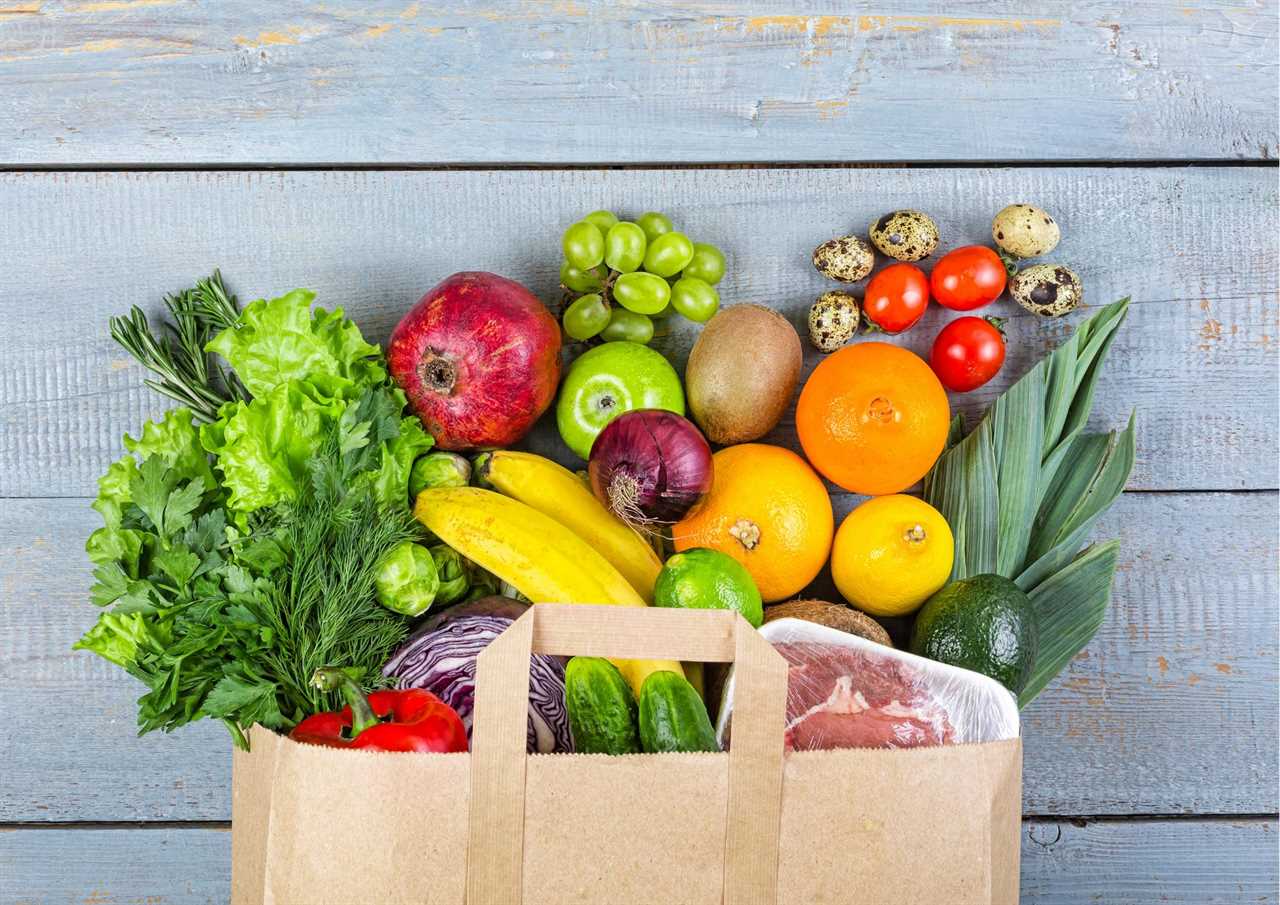 |
Health benefits of eating organic?A review in The Annals of Internal Medicine failed to find strong evidence that organic foods are significantly more nutritious than conventional foods. Lisa |
 |
The Benefits of Crop RotationCrop rotation is a way to grow multiple types of crops in the same space. This is done in an effort to diversify the ecosystem, reduce pest and weed.. |
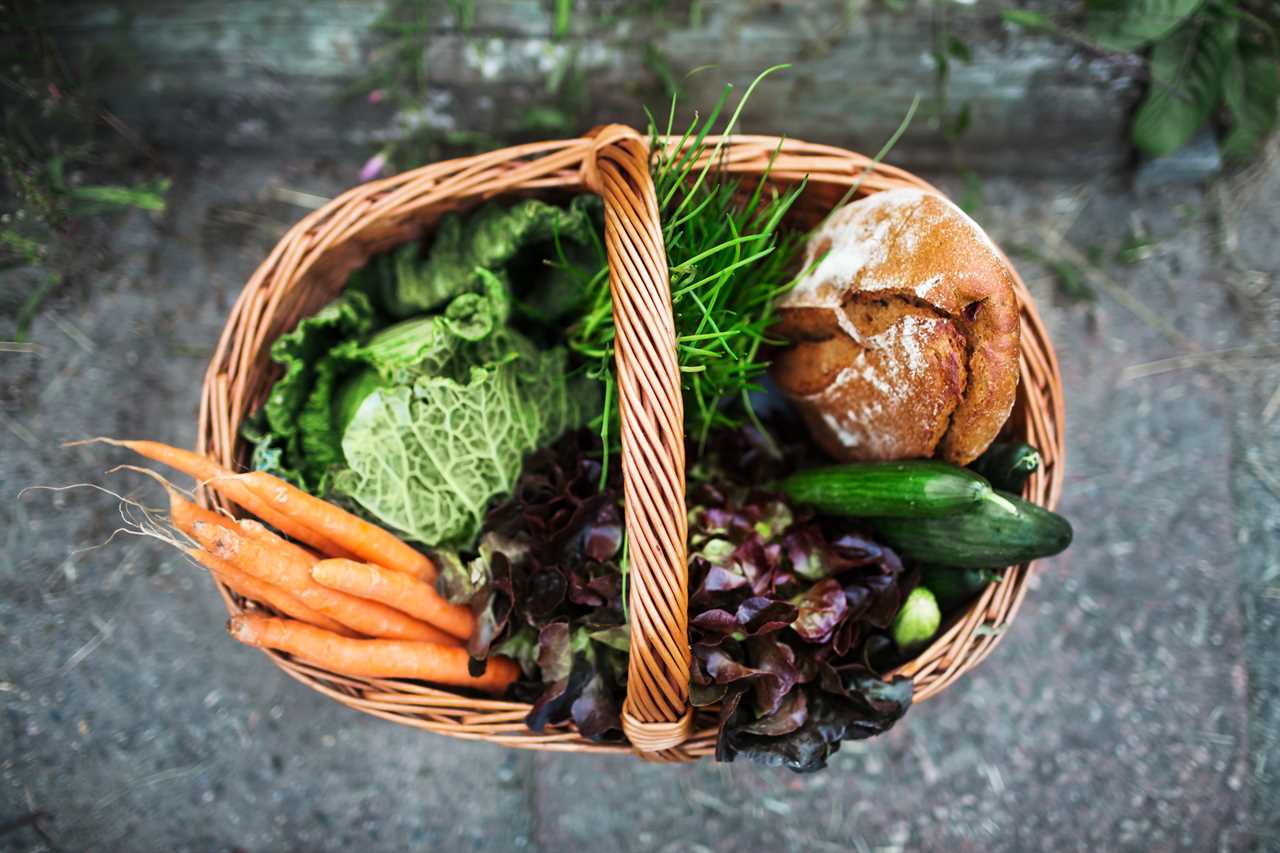 |
Do I Need To Eat 100 % Organic Food? – Dr. BergFor more info on health-related topics, go here: https://bit.ly/2YI8NLc Take Dr. Berg's Free Keto Mini-Course: http://pxlme.me/-i717vtY […] |
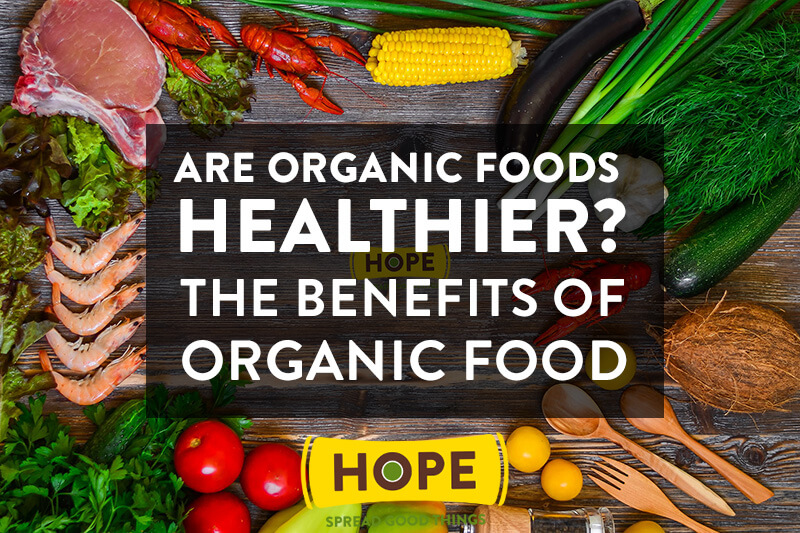 |
The Importance of Soil Conservation in Meeting the Sustainable Development GoalsSoil conservation is important for maintaining the soil's health and resilience. The microbial and faunal communities in the soil are impacted by.. |
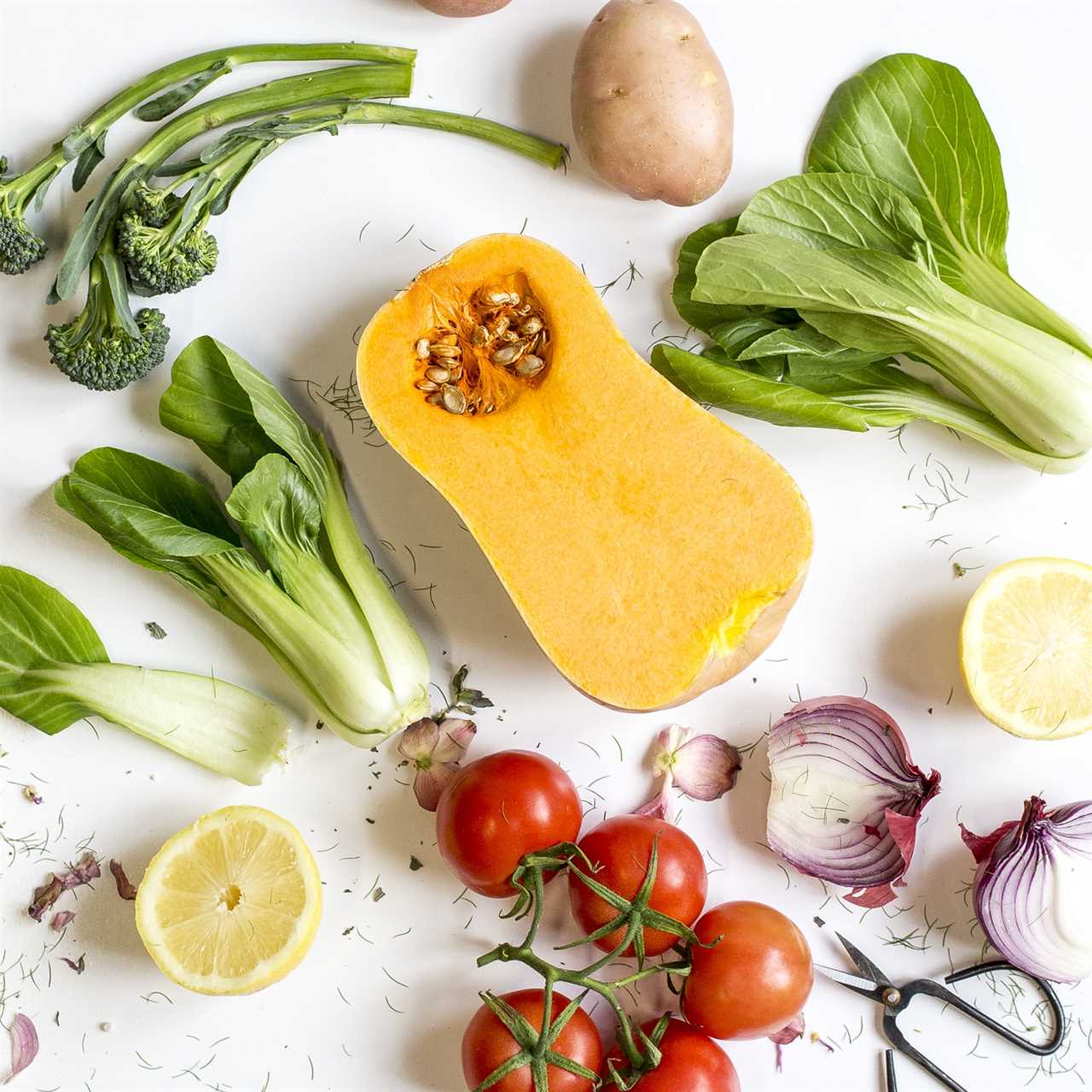 |
Benefits of Organic FarmingOrganic farming is one of the best ways to help protect the environment. It can also provide a number of benefits for your farm, including increased.. |
 |
Is `organic` food actually healthier for you?Dr. Marc talks about organic food. |
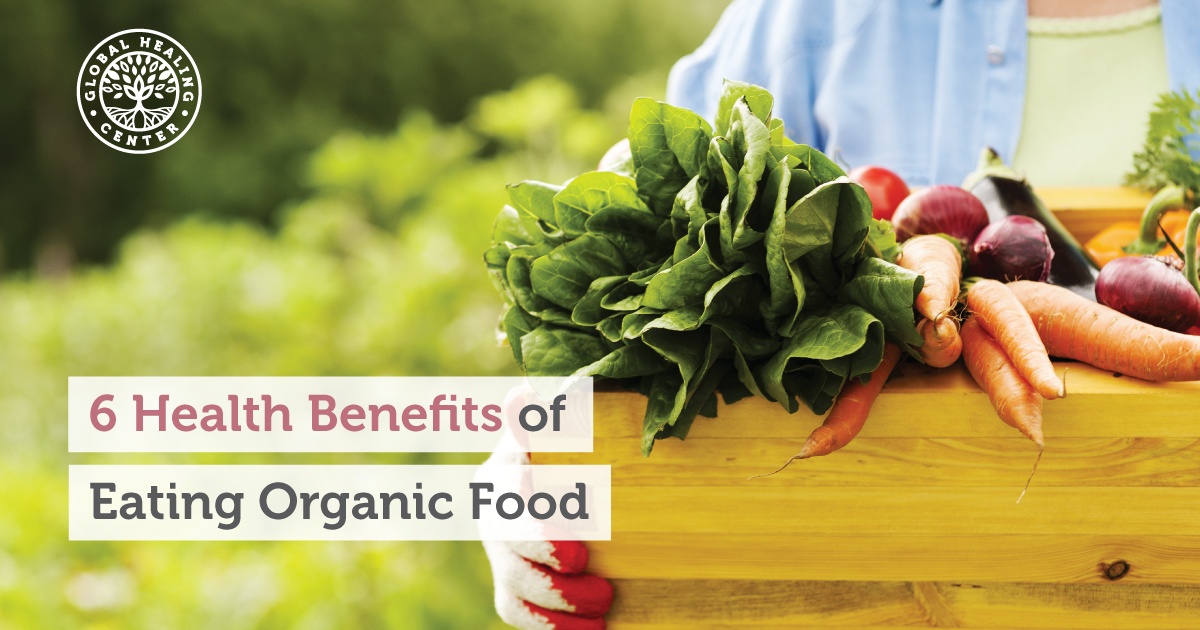 |
Organic Farming MagazineOrganic farming magazine is a resource that provides you with the latest information on organic agriculture, health, and sustainability. It also.. |
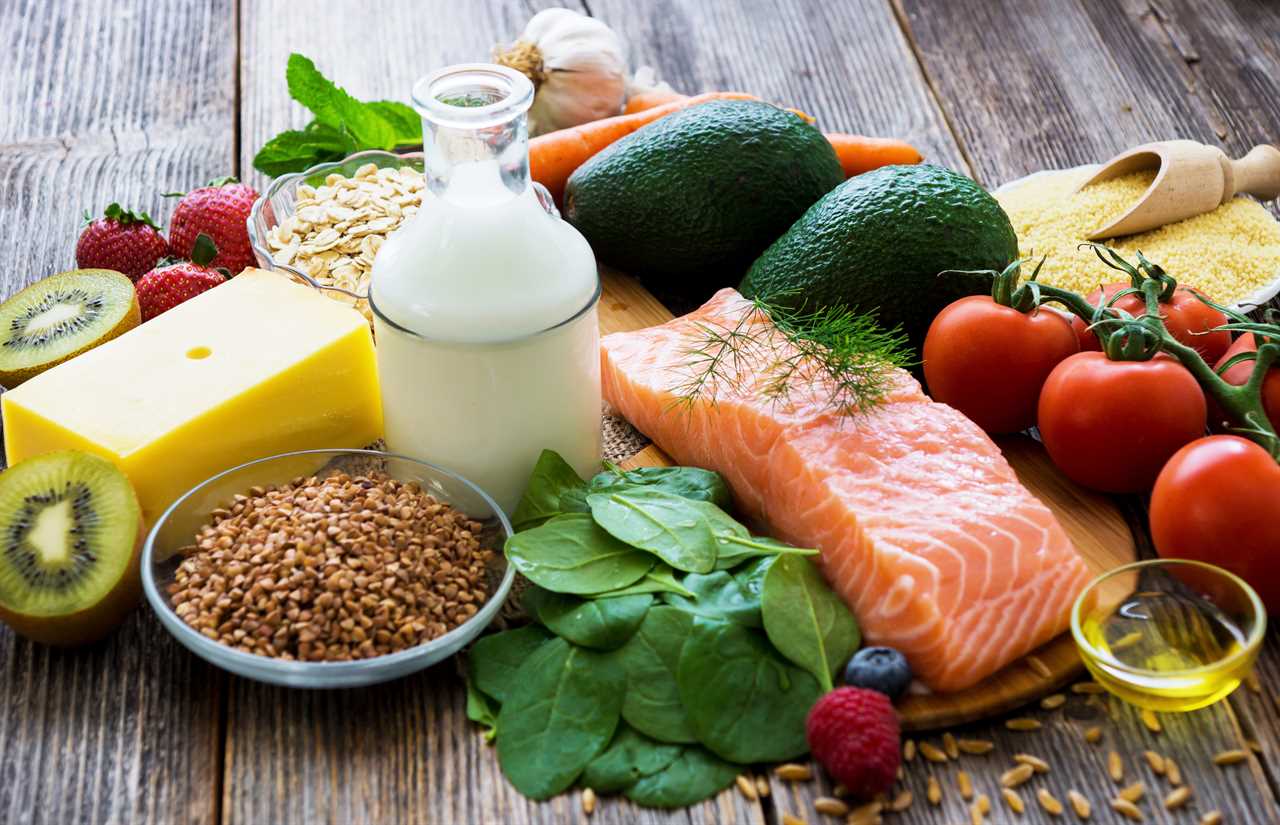 |
Is Organic Food Really Worth It?The organic food industry is a booming business. U.S. organic sales surged in 2020, jumping by 12.4% to $61.9 billion. With consumers being more health |
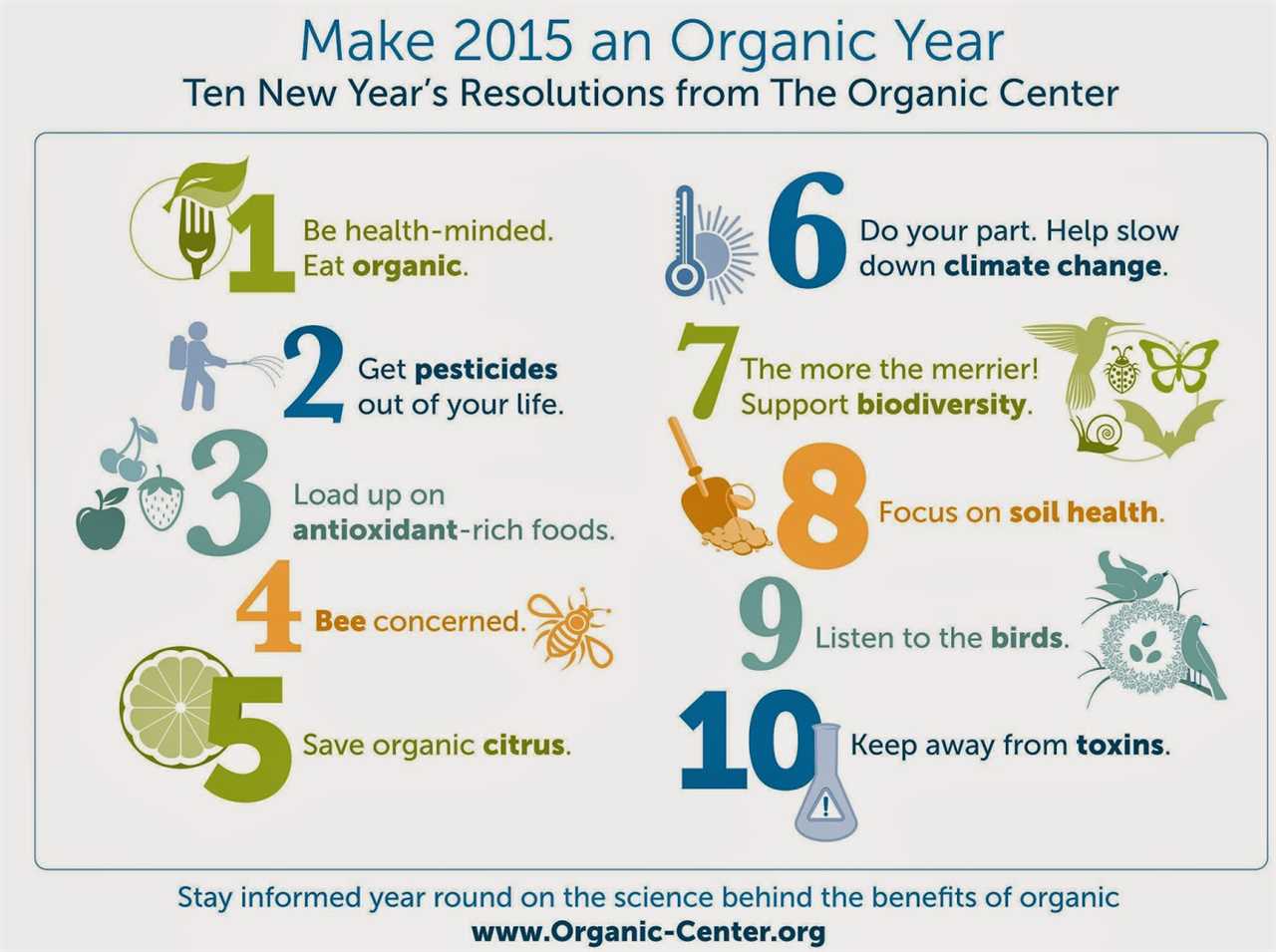 |
The Difference Between Organic Milk and Regular MilkOrganic milk is a type of milk that comes from livestock that is raised according to organic farming methods. This is a term that is regulated by.. |
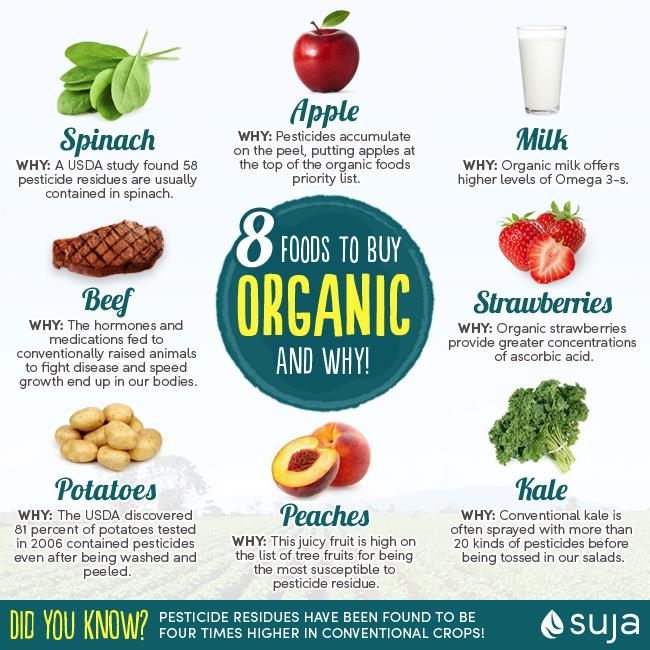 |
The Benefits of CompostingComposting your waste can be a very effective way of ensuring that your organic material is being broken down to the best of its ability. When.. |
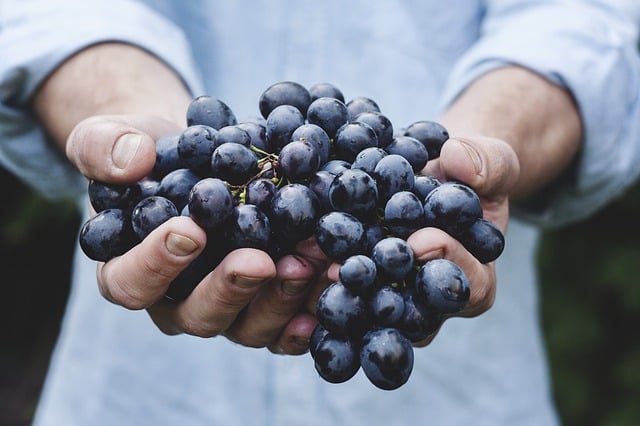 |
Is Organic Farming Beneficial to Biodiversity?Organic farming is a growing interest in the scientific community, and researchers have been investigating whether the practice is beneficial to.. |
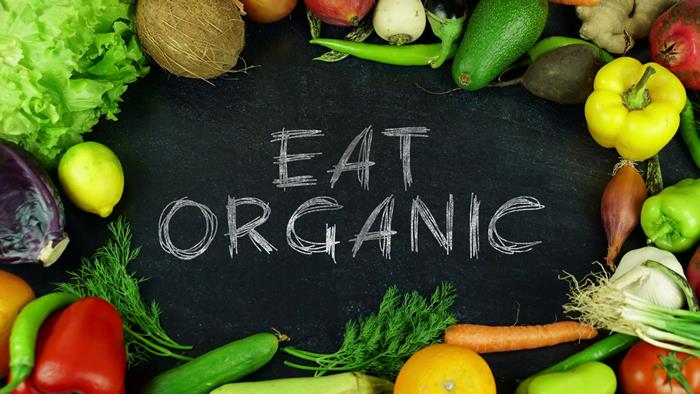 |
Organic eatingOrganic Cultur |
 |
What is Organic Cotton?Organic cotton is the type of cotton that is grown without using pesticides or chemicals. It is also the type of cotton that is grown in subtropical.. |
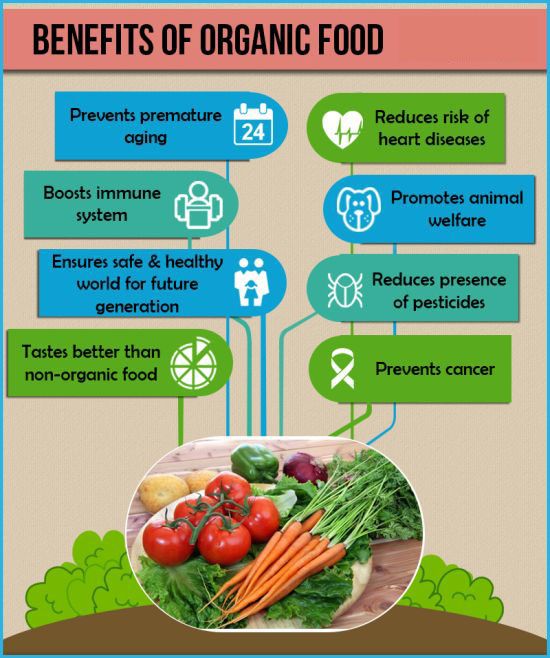 |
Benefits of Cover CropsIf you aren't familiar with cover crops, you may be surprised to learn that they are plants that are planted to grow on top of the soil to help.. |
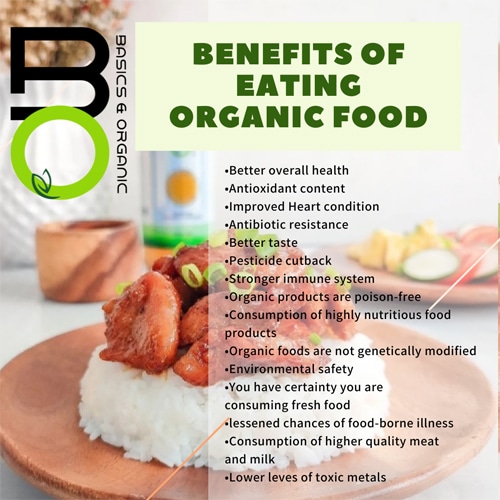 |
Learn How to Become an Organic Farmer Through a Training ProgramIf you are looking to become an organic farmer, there are several ways you can do so. One option is to take a training program that will teach you.. |
 |
Exotic VegetablesWhen it comes to vegetables, there are plenty of choices to choose from. Some of the most popular choices include broccoli, corn, carrots, and.. |
 |
The Benefits and Pitfalls of Organic Farming OrganizationsOrganic farming is an approach to farming that is not only ecologically sound, but also financially feasible. It is a method that is free from.. |
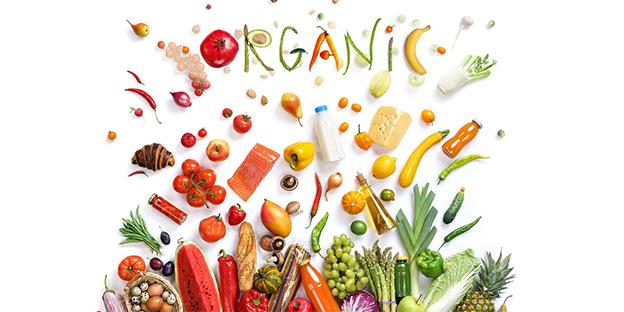 |
Soil Composition and BiodiversityThe soil that we have around us is a vital part of our lives. It is the home for many plants and animals. It also has a texture, a color, and many.. |
 |
Organic Farming PrinciplesOrganic farming is a practice that is designed to be sustainable and healthy. Its principles include avoiding harms produced by industrial farming.. |
 |
When Did Organic Food Start?The answer to the question when did organic food start? will vary depending on the time period in which you are looking at. For instance, it may be a |
 |
Can Organic Be GMO?The question Can organic be GMO is an ongoing debate among many consumers. While it's possible to eat foods that have been produced using genetic.. |
 |
Chhattisgarh's Organic Farming SchoolsThe government of Chhattisgarh has started to introduce organic farming schools. This initiative is intended to provide the young generation with the |
 |
What is a Conventional Farm?Conventional farm is the term used to describe a farm that is not organic. It is a form of agriculture that is associated with better soil quality,.. |
 |
The Rodale InstituteThe Rodale Institute is a nonprofit organization that aims to support research into organic farming. It was founded in 1947 by J. I. Rodale, an.. |
 |
The Latest Research on Organic | The Organic CenterResearched articles about eating Organic food |
 |
Korean GardeningKorean gardening is one of the oldest ways to grow plants. It involves planting herbs, fruits, and vegetables that are used in kimchi, a type of.. |
.png)





